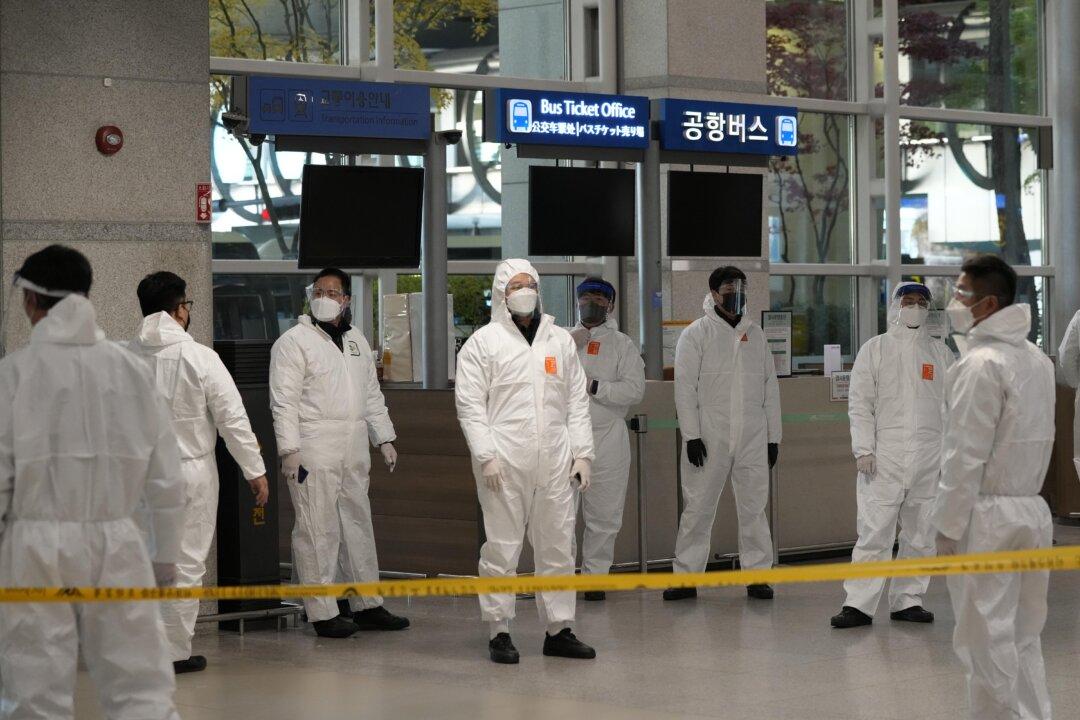South Korea will mandate a 10-day quarantine for all incoming travelers, including its citizens—regardless of their vaccination status—starting Dec. 3, the Korea Disease Control and Prevention (KDCA) announced Wednesday.
The announcement was made the same day after the country confirmed its first five cases of the new Omicron variant in people arriving from Nigeria. The new rule will last for two weeks.





